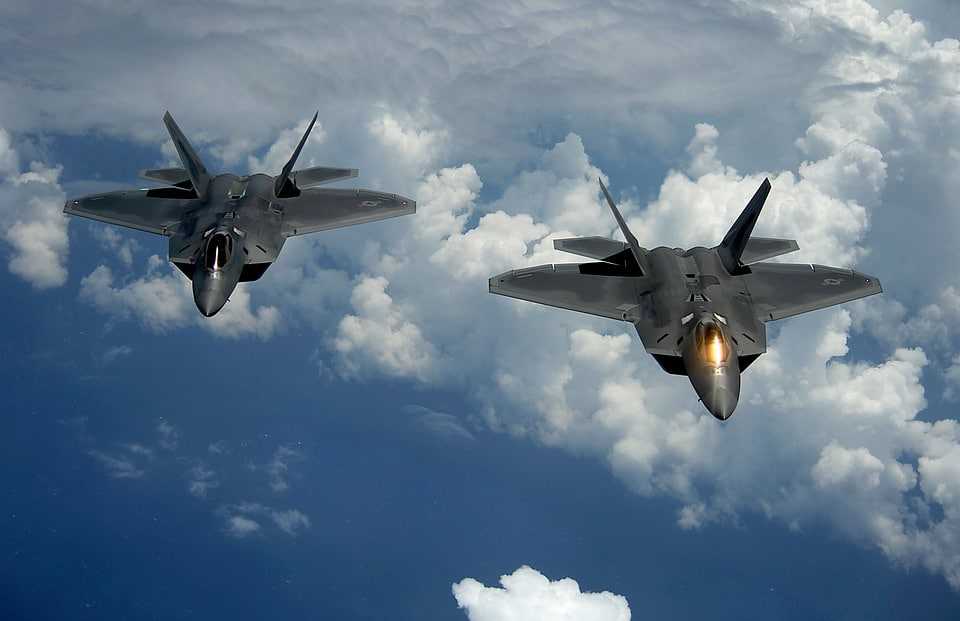
Veterans who were injured in-service are entitled to disability benefits from the Department of Veterans Affairs. Certain careers in the military, such as pilots and aircrew, can lead to specific injuries related to their line of work. Pilots in the Army, Navy, Air Force, Marines, and Coast Guards are subject to different working conditions than others, and these working conditions can lead to specific injuries and disabilities later in life.
High speed aircraft, such fighter jets and other jet-type aircraft, can lead to serious injuries in the neck and cervical spine. It is well documented that G-Forces affect the spine and can accelerate the progression of degenerative spinal disease. Pilots in the military will sometimes start to show degenerative discs in their cervical spine similar to that of the elderly.
Injuries or disabilities in the cervical region of the spine are common amongst aviators who are subject to high-performance (HP) flying.
Pilots who regularly operate helicopters in the armed forces may face unique situations that could lead to disabilities in the future. One of the biggest problems for helicopter pilots is the ergonomics of the cockpit. The one-size-fits all approach can lead to several injuries in the future due to the poor posture of the pilot, even if a Veteran adjusts the seat and foot pedals.
In fact, a 2010 survey by the Department of Defense found that 85% of US helicopter pilots reported neck, back, and leg pain as their number one injury. These types of injuries are so common among helicopter pilots that these injuries are often called “helo hunch” by medical personnel.
Much like pilots in the cockpit, crew chiefs and aircrew are often left with back injuries due to the seating options in a moving aircraft. Typically, the flight crew sit on a jump seat, a cruise box, or a poorly supported canvas seat while in flight, and this can lead to a plethora of back problems in the future.
Typically, when we think of PTSD among Veterans, we think of soldiers on the ground – specifically infantry, tanks, and artillery. However, most people don’t think about PTSD amongst pilots and aircrew. DSM-V classifies PTSD as witnessing trauma, direct exposure to trauma, or indirect exposure to trauma. If you consider an aviation incident such as a near-missile strike, taking ground fire, or transporting wounded/deceased servicemembers, these can all lead to PTSD.
According to the Department of Defense survey mentioned above, 62% of pilots suffering from “helo hunch” or related injuries fail to seek medical treatment for fear of being grounded. This makes it more difficult for a Veteran to prove their disability is service-related in the future.
Veterans need three things to prove a disability is service connected:
When a servicemember fails to seek medical attention for an injury because they are afraid of being taken off flight status, they do not realize they are making it harder to prove an in-service event led to the injury. However, Veterans can still prove their disability is service connected through lay statements or other types of evidence in the future.
If you are a Veteran and you were denied disability benefits by the VA or were given an unfavorable rating decision, Berry Law can help. Our team features attorneys and staff from the Army, Navy, Air Force, and Marine Corps, and we have helped thousands of Veterans successfully appeal their VA claim.
Let us help you get the VA disability compensation you are entitled to. Contact us today for a free case evaluation.
Our monthly newsletter features about important and up-to-date veterans' law news, keeping you informed about the changes that matter.